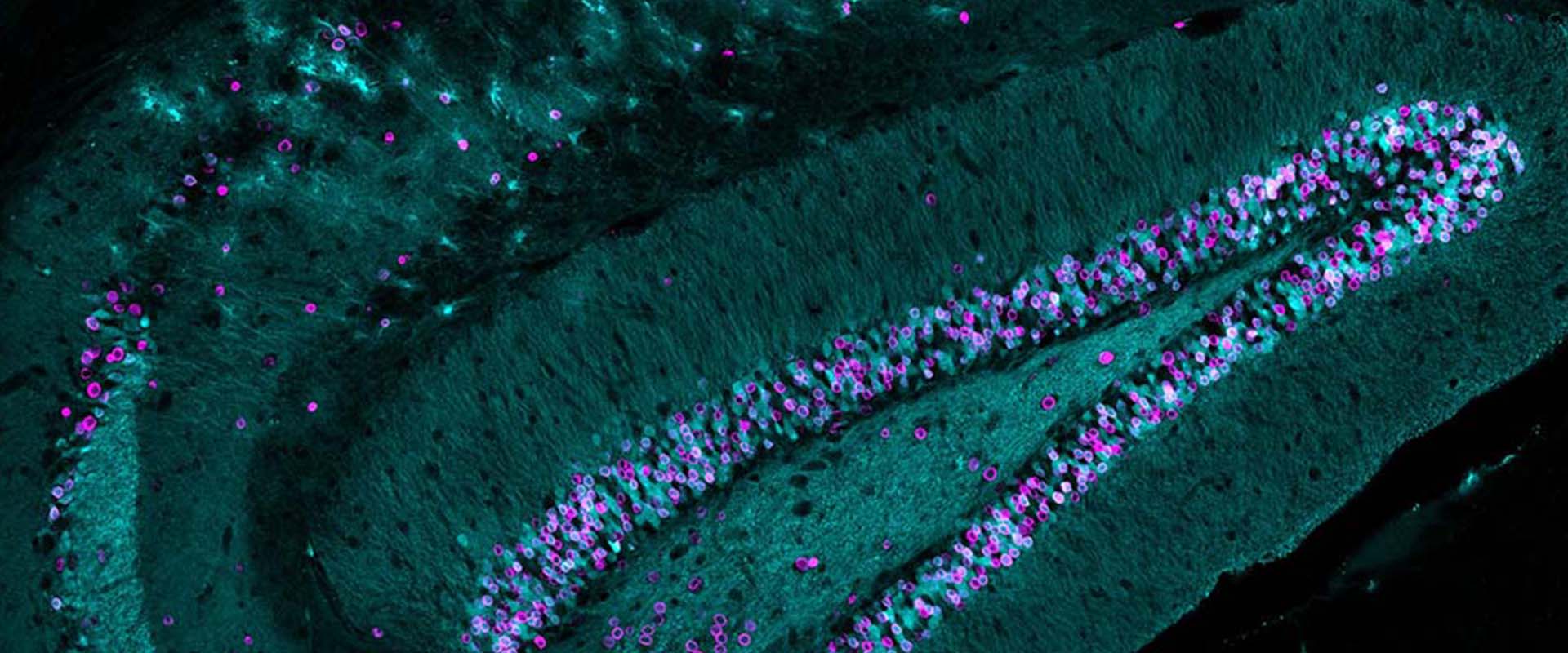Loss of Kdm5c Causes Spurious Transcription and Prevents the Fine-Tuning of Activity-Regulated Enhancers in Neurons
During the development of the nervous system, chromatin-modifying enzymes regulate both the timely establishment of cell-type specific gene programs and the coordinated repression of alternative cell fates. For this reason, the mutation of genes encoding chromatin modifiers frequently leads to severe neurodevelopmental defects. This is the case of the gene KDM5C, which encodes for a lysine demethylase, and whose mutations account for at least 2% of X-linked IDs (these cases are referred to as Mental Retardation, X-linked, syndromic, Claes-Jensen type). To dissect the role of Kdm5c in the developing and adult brain, Scandaglia et al. conducted parallel behavioral, transcriptomic, and epigenomic studies in Kdm5c-null and forebrain-restricted inducible knockout mice. These analyses together with functional assays in cultured neurons demonstrate that Kdm5c plays a critical role as a repressor responsible for the developmental silencing of germline genes during cellular differentiation and in fine-tuning activity-regulated enhancers during neuronal maturation. Although the importance of these functions declines after birth, Kdm5c retains an important genome surveillance role preventing the spurious activation of non-neuronal and cryptic promoters in adult neurons. This insight clarifies the syndrome pathoetiology and opens up new avenues for therapy.

 Español
Español

